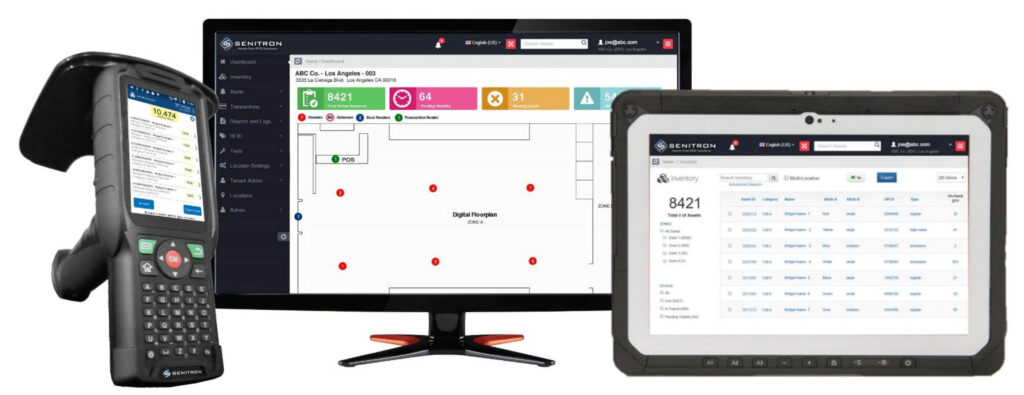Managing inventory efficiently is critical for businesses of all sizes. Traditional systems often face delays, inaccuracies, and inefficiencies. The rise of Radio Frequency Identification (RFID) technology is transforming inventory management, offering unprecedented precision and automation.
By using electromagnetic fields to identify and track tags, RFID simplifies complex inventory processes. This article delves into the future of inventory management and highlights the revolutionary impact of RFID technology.
How RFID Enhances Inventory Operations?
RFID technology eliminates the need for manual scanning or data entry. It enables real-time tracking of inventory, ensuring up-to-date records. Unlike barcode systems, RFID tags can store more information and operate without direct line-of-sight.
This saves time and reduces errors in inventory management. Businesses using RFID retail inventory management benefit from faster workflows and better stock visibility, which enhances decision-making and customer satisfaction.
Real-Time Visibility in Retail
Retailers often struggle to maintain accurate inventory levels across multiple locations. RFID provides a seamless solution by tracking stock movement in real time. This ensures that inventory levels are synchronized, reducing overstocking or stockouts.
The ability to locate items instantly improves efficiency in fulfilling orders and restocking shelves. As a result, RFID technology for inventory management is becoming an essential tool for retailers aiming to stay competitive in the market.
Advantages Over Traditional Systems
RFID technology outperforms traditional inventory systems in several ways:
- Speed: RFID tags can be read in bulk, reducing scanning time.
- Accuracy: The technology minimizes human error during inventory counts.
- Scalability: RFID systems are adaptable to businesses of any size or complexity.
These features make RFID an indispensable asset for businesses aiming to optimize inventory processes.
Applications Across Industries
While retail leads in adopting RFID, other industries also benefit significantly. Warehousing operations use RFID for tracking shipments and preventing losses. Healthcare facilities implement it to monitor medical equipment and supplies. Even the manufacturing sector uses RFID to track raw materials and finished products. These diverse applications highlight the versatility of this technology in inventory management.
The Future of RFID in Inventory
The future of inventory management lies in leveraging RFID with advanced technologies like IoT and AI. Combining these innovations creates predictive models for demand forecasting and stock optimization.
Businesses can achieve near-perfect accuracy in inventory control while automating repetitive tasks. RFID retail inventory management is paving the way for smarter, more efficient supply chains, reducing costs, and improving customer experiences.
Conclusion
RFID technology is revolutionizing how businesses handle inventory. Its ability to provide real-time tracking, reduce errors, and streamline operations makes it indispensable for modern inventory management. From retail to healthcare, industries are embracing RFID to stay competitive and meet evolving consumer demands. The future of inventory truly lies in the power of RFID.

